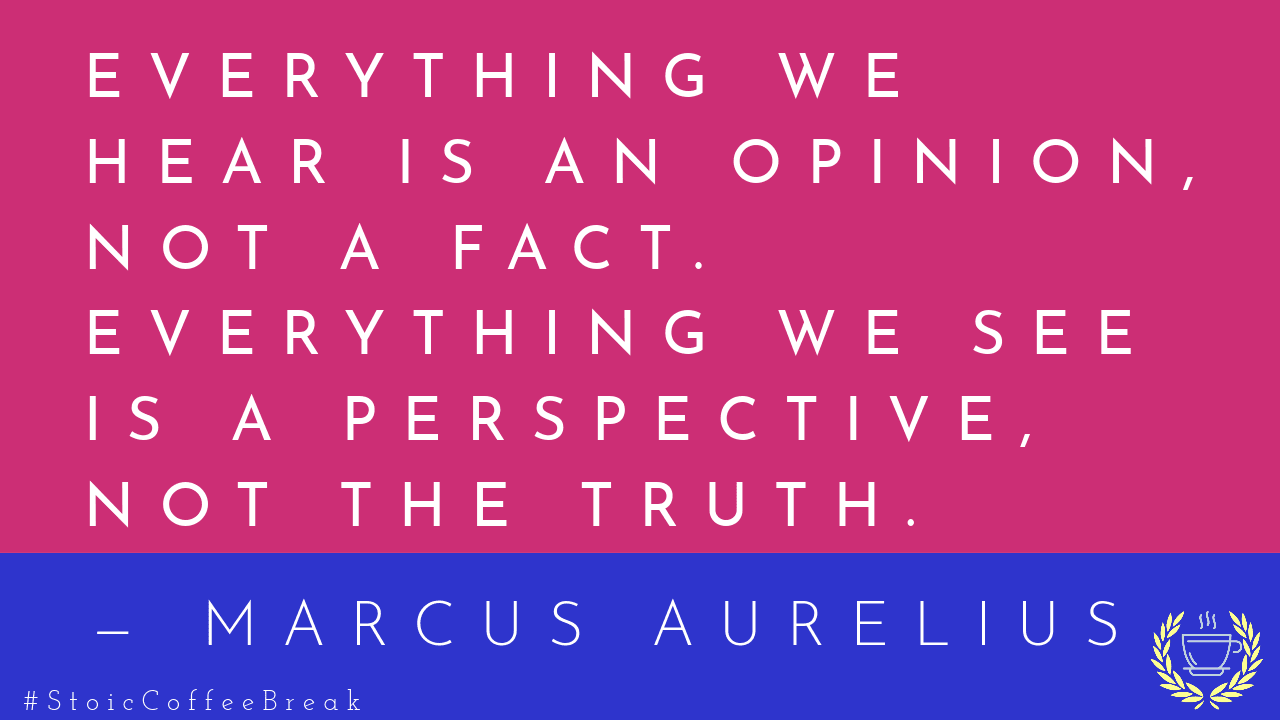Tag: beliefs
-

279 – Not True But Useful
“Everything we hear is an opinion, not a fact. Everything we see is a perspective, not the truth.” — Marcus Aurelius Can you hold beliefs that are not true, but are useful? The idea of “Useful, Not True” suggests that our perspective on something doesn’t have to be true, as long as it’s useful. Let’s…
-
145 – Hold True
“Attach yourself to what is spiritually superior, regardless of what other people think or do. Hold to your true aspirations no matter what is going on around you.” — Epictetus This weeks episode is about finding your values and holding true. As children, we’re taught how to get along with others, how to be congenial,…